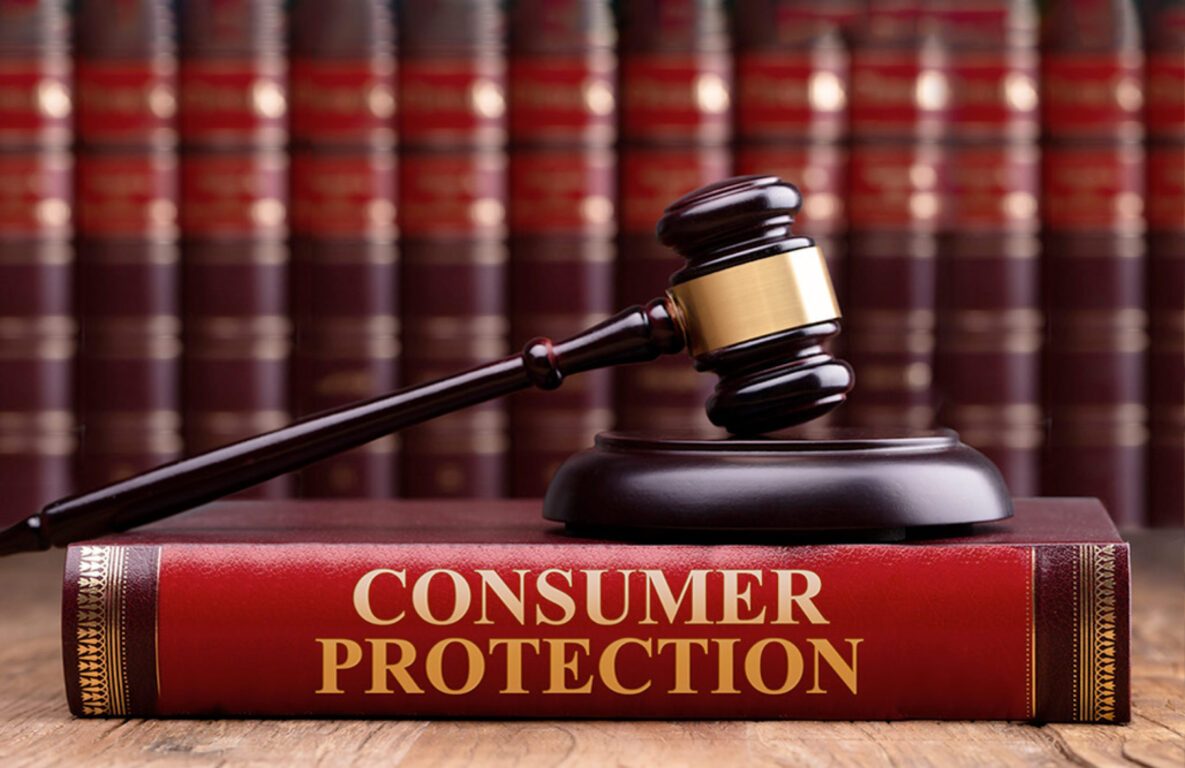Highlights: Draft Consumer Protection Guidelines

Communications Authority of Kenya (CA) has released draft consumer protection guidelines for public review and comment. The guidelines are to protect the users and consumers of communications services with regard to the prices, the quality and variety of services.
These guidelines are applicable to all products and services that are subject to the Kenya Information and Communications Act and are expected to:
- Clarify how the Authority expects licensees to respect and protect consumers’ rights;
- Encourage best practice by licensees and promote the provision of high quality services to consumers;
- Ensure that all licensees are treated fairly and in a non-discriminatory manner;
- Inform consumers’ expectations regarding quality of service, fairness in tariffs and transparency in billing;
- Provide consumers with the opportunity to resolve disputes with their service providers in an effective and efficient manner;
- Increase awareness of consumers’ rights and discourage licensees from abusing these rights;
- Clarify any ambiguity which may exist in the provisions in the Regulations for the time being in force; and
- Protect customers from abrupt changes to or termination of communication services without an opportunity to arrange for provision of the same/similar services with another provider.
ESTABLISHMENT AND OPERATION OF CUSTOMER CARE SYSTEMS AND
STANDARDS
All licensees required under these guidelines to establish customer care systems shall ensure that the facilities provided for the purpose are sufficient to serve all their customers as and when they require such services
- Service availability to customers should be 99.9% of the time.
- Licensees are to answer customer calls within 15 seconds or less of call placement. This includes the hold time where interactive voice response is used for the management of call queues.
- Licensees to respond to customer complaints or queries in 1 day max
- Licensees to resolve customer complaints within 14 days
The Guidelines give direction regarding marketing and advertising communications while addressing frequent customer complaints regarding unsolicited marketing messages. Among other guidelines, advertising messages are to be sent between 7am and 7pm unless expressly requested by the receiving customer.
All National Facility providers are required to establish their own “Do Not SMS, Do Not Call Register, Do Not Spam and Do Not Disturb” or subscribe to a duly registered national register as well as:
- Ensure that all its subscribers can register their numbers in the “ Do Not SMS, Do Not Call Register, Do Not Spam and Do Not Disturb” registers
- Desist from delivering any spam or telemarketing calls from itself or other providers to any number in the register;
- Put in place a mechanism and procedures by which means Content Service Providers identified by its customers can be prevented from spamming the customers that object to receiving calls or SMS from those providers.
MECHANISMS TO ENABLE PARENTS AND GUARDIANS TO BLOCK ACCESS TO HARMFUL CONTENT BY CHILDREN
The guidelines require all licensees to:
- Integrate child rights considerations into all appropriate policies and management processes with a view to operationalizing the rights of children.
- Develop processes for handling child sexual abuse content.
- Develop and implement appropriate tools and mechanisms that create a safer age-appropriate online and digital environment.
- In their marketing communications, educate children, parents and teachers about children’s safety in the cyberspace and responsible use of ICTs.
- Promote digital technology as a mode to progress productive use of ICTs.
- Ensure all communications targeting children must be developed and published in a manner that does not exploit the natural ingenuity, immaturity, inexperience or credulity of children or adolescents, nor shall it take advantage of their sense of loyalty.
- Ensure all communication messages directed at children or adolescents, or which are susceptible of influencing them, shall not contain statements or visual presentations which might damage them mentally, morally or physically.
- Take special care to ensure that advertisements do not mislead children as to true size, value, nature, durability or performance of the advertised product.
- Ensure all communications that may not be directed at children under the age of 18 should not have unique appeal to children or convey sexual innuendo.
- Put in place effective age verification procedures for offers, adverts and promotions.
- Provide a parental control mechanism to enable parents set limits on access and usage on all communication services and devices.
PROVISION OF INFORMATION RELATING TO BUNDLED COMMUNICATION SERVICES
Where a licenses provides bundled services, they would need to ensure:
- Clearly specify key terms in user agreements (long-term discounts, bundled discounts, termination fees and so on);
- Stipulate the details of the tariffs and their associated discounts on the bill so that consumers can see where the discounts have been applied;
- Provide information about bundled services including pricing, discounts, cooling off periods, calculation formula for termination fees, and so on;
- Not charge termination fees or terminate bundle for the remaining component services if a consumer wishes to terminate some of the services in the bundle;
- Provide details in the user agreement of organization(s) responsible for the provision of services (in the event that a third party is involved) to facilitate determination of point of error in the event that a specific service in the bundle is not functioning as required.
The authority is currently taking comments on the guidelines. We encourage all affected business as well as end users to engage.

